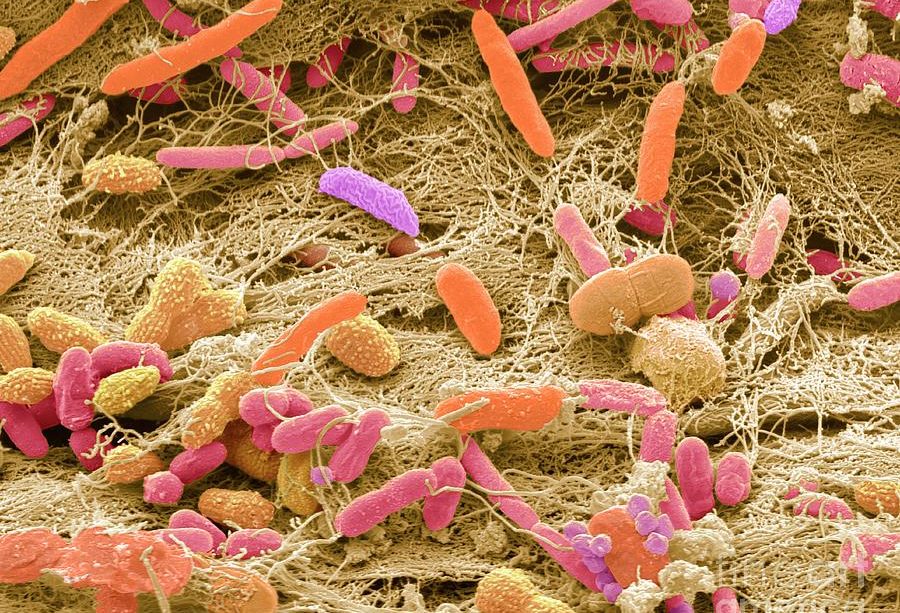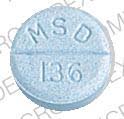Exploring the Impact of Faecal Bacteria on Public Health

Introduction
Faecal bacteria, primarily originating from human and animal waste, have emerged as a significant public health concern globally. Their presence in water supplies and food sources can lead to severe gastrointestinal infections and other health issues. As urbanization and industrial activities continue to rise, monitoring and mitigating the risks associated with these bacteria have become more critical than ever.
Sources and Risks
Faecal bacteria, including Escherichia coli (E. coli) and Salmonella, are often associated with contaminated water, undercooked meat, and unwashed fruits and vegetables. According to the World Health Organization (WHO), approximately 2 billion people worldwide are affected by foodborne illnesses each year, with faecal contamination being a leading cause.
Recent studies indicate that climate change and poor sanitation practices exacerbate the spread of these bacteria. In urban areas where wastewater management is inadequate, faecal bacteria can seep into drinking water sources, posing a risk to the population. For instance, the 2023 report from India’s Central Pollution Control Board showcased alarming levels of E. coli in various river systems, prompting calls for immediate remediation actions.
Current Events and Measures
To combat this growing threat, governments and health organizations are implementing stricter regulations and monitoring systems. In India, the Ministry of Health has launched several initiatives aimed at improving sanitation and access to clean water, especially in rural regions where the risk of faecal contamination is higher. Furthermore, awareness campaigns are being conducted to educate the public about the importance of proper food handling and hygiene practices.
Additionally, advancements in science and technology are promising in the fight against faecal bacteria. New detection techniques using PCR (polymerase chain reaction) are being explored, enabling rapid identification of contaminants in food and water supplies.
Conclusion
The threat posed by faecal bacteria is a pressing public health issue that demands collective action. With increasing awareness and technological advancements, it is possible to mitigate the risks associated with these harmful pathogens. Continuous monitoring, improved sanitation practices, and public education are crucial in safeguarding communities against faecal bacteria and ensuring a healthier future. As we move forward, it is essential for individuals, communities, and governments to work together to address this critical health concern.








